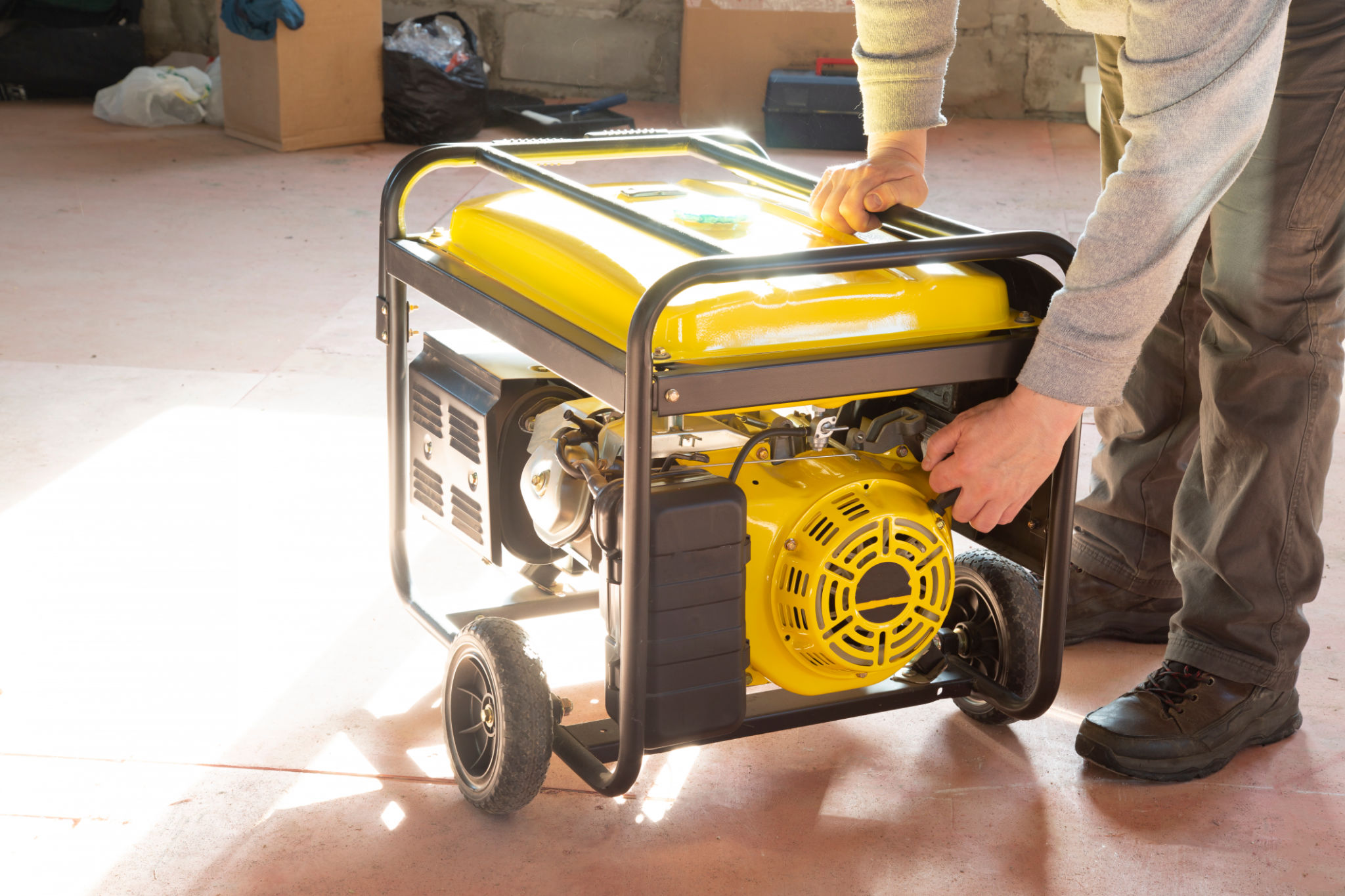The Ultimate Guide to Choosing the Right Generator for Your Home
Understanding the Basics of Home Generators
Choosing the right generator for your home is crucial, especially when you face unexpected power outages. A generator can keep your essential appliances running and ensure your home remains safe and comfortable. However, with so many options available, selecting the perfect one can be daunting.

Generators come in various sizes and types, each with unique features tailored to specific needs. Before investing, it's vital to understand the basics, including the different types of generators available and their functionalities.
Types of Home Generators
There are mainly two types of home generators: portable generators and standby generators. Each serves a different purpose, and understanding their differences can help you make an informed decision.
- Portable Generators: These are typically smaller and can be moved around easily. They are ideal for short-term power needs and can power essential appliances like refrigerators and lights.
- Standby Generators: These are permanently installed outside your home and automatically turn on when there is a power outage. They are designed to power the entire house, including HVAC systems and large appliances.

Factors to Consider When Choosing a Generator
When selecting a generator, consider factors such as power requirements, fuel type, and budget. Knowing your home's power requirements is crucial to ensure that the generator you choose can handle the load.
Fuel type is another critical aspect. Generators typically run on gasoline, propane, or natural gas. Each fuel type has its advantages and disadvantages in terms of cost, availability, and storage requirements.
Sizing Your Generator Correctly
One of the most common mistakes homeowners make is choosing a generator that is either too small or too large for their needs. To size your generator correctly, calculate the total wattage of all the appliances you plan to power during an outage and select a model that can handle that load comfortably.

Keep in mind that some appliances require more power to start than to run, so it's essential to factor in surge wattage when making your calculations.
Installation and Maintenance Tips
Once you've selected the right generator, proper installation and maintenance are key to ensuring it operates efficiently when needed. For standby generators, professional installation is recommended to ensure compliance with local codes and safety standards.
Regular maintenance is also crucial. This includes checking oil levels, replacing filters, and running the generator periodically to ensure it's in working order. A well-maintained generator will be reliable and have a longer lifespan.

Conclusion
Selecting the right generator for your home involves understanding your power needs, choosing the appropriate type and size, and considering factors such as fuel type and budget. With careful planning and regular maintenance, your generator will provide peace of mind during power outages.